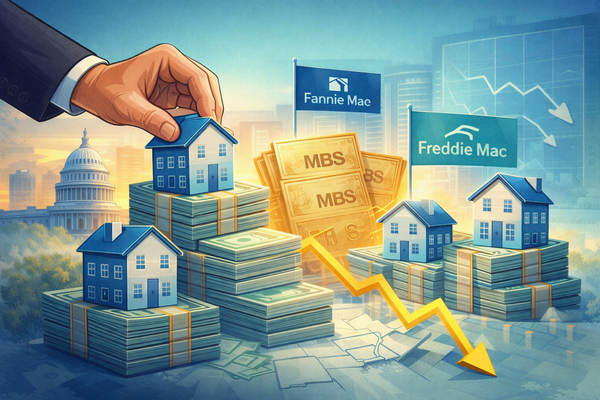Getting to Know Depreciation

Depreciation is one of the most crucial tools to understand in real estate, not just as a homeowner but especially as an investor. Depreciation can be used on both residential and commercial properties. Webster’s dictionary defines depreciation as the ability “to deduct from taxable income a portion of the original cost of (a business asset) over several years as the value of the asset decreases.” This protects buyers from adverse effects like wear and tear, obsolescence, and other factors. While the decrease in value sounds super negative, depreciation is a beneficial tool that I plan to convince my readers to begin using today if they are already not using it.
Depreciation can work in various ways, and often, the rules put on by the IRS vary based on the type of real estate. For example, commercial and residential real estate have different useful lives. Commercial real estate allows you to spread the deduction over 39 years, while residential’s useful life is 27.5 years. These deductions can be beneficial as buyers can deduct a portion of the property's value from their annual taxable income. In turn, real estate owners can save thousands of dollars in taxes, and for real estate investors, this can sometimes be millions of dollars.
When using depreciation to decrease your taxes, the IRS expects you to have accurate records of the property’s cost basis, including the purchase price, closing costs, and other improvements. Without monitoring your charges, there is no way to accurately calculate the amount of money you can deduct.
I always recommend talking to your tax professional. While I can tell you what I have seen, I am not an expert, and I will not be reliable for any mistakes you make on your next tax return. I will only be able to provide you with some of the tax benefits that come with owning real estate. These tax benefits become much larger than just depreciation when the IRS considers you a real estate professional. A “taxpayer qualifies as a real estate professional for any year the taxpayer meets both of the following requirements: (1) more than half of the personal services performed in all trades or businesses during the tax year were performed in real property trades or businesses in which the taxpayer materially participated; and (2) the taxpayer performed more than 750 hours of services during the tax year in real property trades or businesses in which he or she materially participated (Sec. 469(c)(7)(B))” (Bryniarski). If these circumstances apply to you, that might be another topic you will want to consult your tax advisor about.
Now with any good thing comes limitations; the same goes with depreciation. When you decide to sell the property, every dollar that you depreciate will be recaptured. This means that all your tax savings could vanish. For example, if you bought a building for 100,000 and depreciated it for 30,000 leaving 70,000 as your basis. When you sell that property for 120,000, assuming it has appreciated since the original purchase, you could be subject to 50,000 dollars in taxes instead of 20,000 gains.
Another limitation of depreciation is that you cannot deduct the value of the land. The land is an appreciating asset, and depreciation only applies to the property's structure. This makes it essential to capture the actual cost of the structure rather than the total cost paid for the property.
Overall, it is essential to know that residential and commercial real estate has more advantages than just cash flow and appreciation. Depreciation can help ensure that investors minimize tax savings and maximize cash flow. Start taking advantage of these benefits, do yourself a favor, and buy real estate. For any questions, please do not hesitate to reach out.
Email: Kyle@taiter.com
Phone: 561-371-5143
Thanks for reading Kyle’s Real Estate Updates! Subscribe for free to receive new posts and support my work.





